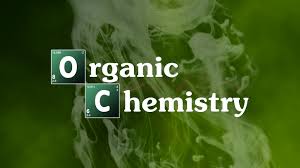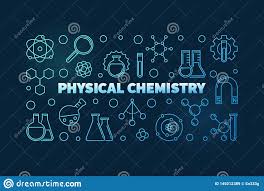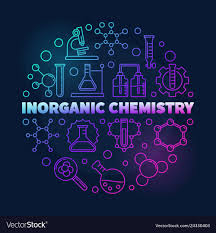- Teacher: Ramlath K T _GCP
- Teacher: Usha.M _GCP
Organic chemistry is a branch of chemistry that studies the structure, properties and reactions of organic compounds, which contain carbon in covalent bonding. Study of structure determines their chemical composition and formula. Study of properties includes physical and chemical properties, and evaluation of chemical reactivity to understand their behavior. The study of organic reactions includes the chemical synthesis of natural products, drugs, and polymers, and study of individual organic molecules in the laboratory and via theoretical (in silico) study.

- Teacher: Dr. Surendran Parambadath GCP_Chem
- Teacher: Dr. P. Venugopalan
- Teacher: Dr.Binitha.N.N _GCP
Physical chemistry is the study of how matter behaves on a molecular and atomic level and how chemical reactions occur. Based on their analyses, physical chemists may develop new theories, such as how complex structures are formed. Physical chemists often work closely with materials scientists to research and develop potential uses for new materials.

- Teacher: Resmi M. R.
- Teacher: Dr. Anjaly Mathew _GCP
- Teacher: Roy.K.B _GCP
- Teacher: Usha.M _GCP
Inorganic chemistry deals with synthesis and behavior of inorganic and organometallic compounds. This field covers all chemical compounds except the myriad organic compounds (carbon-based compounds, usually containing C-H bonds), which are the subjects of organic chemistry. The distinction between the two disciplines is far from absolute, as there is much overlap in the subdiscipline of organometallic chemistry. It has applications in every aspect of the chemical industry, including catalysis, materials science, pigments, surfactants, coatings, medications, fuels, and agriculture

- Teacher: Remani K. C.
- Teacher: Ramlath K T _GCP
